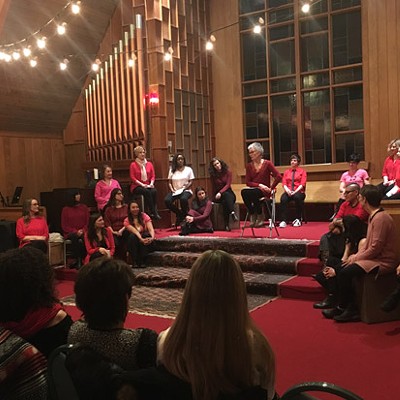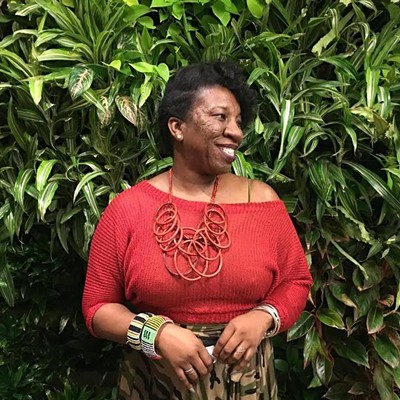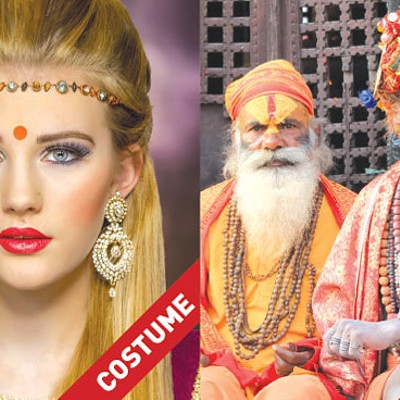The past year shined a light into many dark corners of our society, revealing both the ugliness hiding there and the strength of those willing to uphold the light of truth. As men accused of sexual harassment and assault both rose to power and fell from grace, we witnessed the incredible impact of survivors speaking out and saying, "It happened to me, too."
We were reminded that abuse of power is not a partisan issue, that handsy bosses are not just a Hollywood problem and that sexual violence impacts people of all genders—but most often women.
When activist Tarana Burke first started promoting "Me too" in 2007 to let survivors of sexual assault—particularly women and girls of color—know they're not alone, Twitter was just being born and viral hashtags were still a thing of the future.
A decade later, actress Alyssa Milano thrust the phrase into the Twittersphere, opening the floodgates to a torrent of women and men joining the "Me too" chorus. It wasn't the first time a hashtag sought to call attention to the problems of sexual and domestic violence. But the response feels new.
While hashtags come and go, #MeToo has sparked a growing movement to support survivors and hold abusers and harassers accountable. More than a rallying cry, the call-and-response of survivors testifying and people believing them is creating real cultural change. It's the kind of change that can only come from the grassroots of society. It's the kind of change that requires all of us to participate in and create.
It's also the kind of change we're seeing reverberate from November's Little Stone Project, which inspired Central Oregonians to use their talents to become a "little stone" for social change, particularly change that improves the lives of women.
It has also inspired important conversations about how real cultural change needs "good" men to engage and use their privilege to help stop the abuse of power. Because, while the weapon of sexual violence can be wielded by and against people of all genders, most perpetrators are men, even when the victims are, too.
That's why organizations like Saving Grace are creating spaces for men and others to talk about their role in creating and upholding a culture that does not condone harassment, abuse and violence. Every month, under the banner of Central Oregon Men Against Violence, men in our community meet to talk about masculinity, violence prevention and how to lead by example.
The #MeToo movement is another reminder that sexual assault and domestic violence are community issues.
tweet this
The #MeToo movement is another reminder that sexual assault and domestic violence are community issues. Chances are good that either you or someone you know has been affected personally. Saving Grace has been supporting survivors in Central Oregon for over 40 years. #MeToo has broken the silence and Saving Grace is here to provide safe spaces for survivors to share their stories, when they're ready. Together, as a community, we can support people to let them know they are not alone. Together we can shed light on the issues that need to be discussed openly and respectfully. Together we can listen, we can believe and we can support victims and help them to feel like survivors.
Let us all choose to focus on the points of light piercing through the darkness, and to commit to shining ever brighter until the perpetrators of violence and hate realize that #TimesUp.
The author Denise Bestwick is the Saving Grace Board President.

























